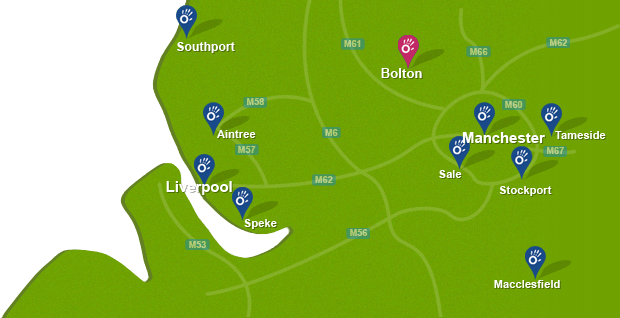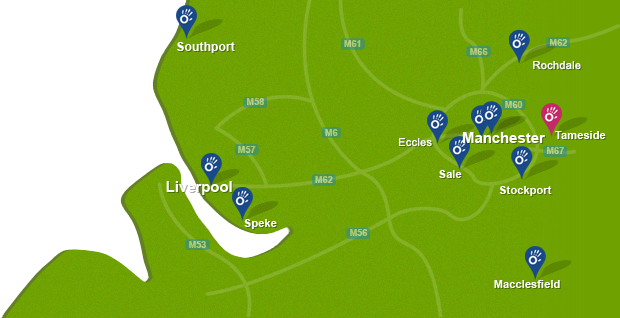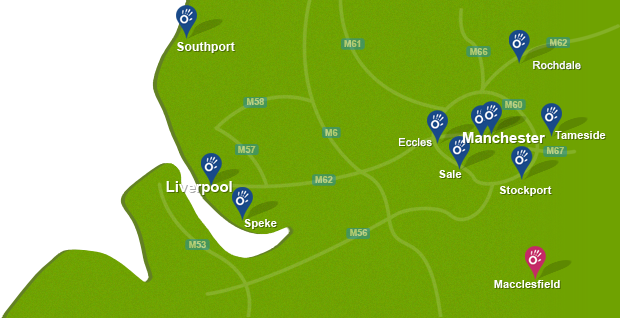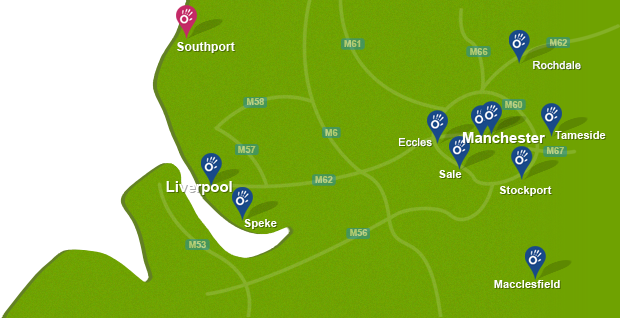What is a rupture of the long head of the biceps?
A rupture of the long head of the biceps is a complete tear of the main tendon that attaches the top of the biceps muscle to the shoulder. It commonly affects athletes during weightlifting but can also affect people who fall with the arm outstretched resulting in pain and loss of function. When people tear their biceps tendon, they can also damage other parts of the shoulder, such as the rotator cuff tendons
 Above: Soft tissue massage of biceps brachi applied by therapist
Above: Soft tissue massage of biceps brachi applied by therapistWhat causes a rupture of the long head of the biceps?
A rupture of the long head of the biceps may be caused by:
- Wear and tear of the tendon making the tendon weaker and therefore more susceptible to tears
- Overuse or repetitive movement of the shoulder can cause inflammation of the tendon (tendonitis). Repetitive overhead sports, such as swimming or tennis can lead may increase the chances of the fraying and eventually rupture of the bicep tendon.
- Injury such as a fall on an outstretched hand or lift something too heavy, you can rupture your biceps tendon.
What are the effects/symptoms of a rupture of the long head of the biceps?
Immediate symptoms may include hearing and feeling a pop or snap in the top of the shoulder followed by sharp pain.
Soon afterward, bruising may develop in the middle of the upper arm and spread down to the elbow. The arm may also feel weak at when trying to bend the elbow or lift the shoulder.
Diagnosis of a rupture of the long head of the biceps
A thorough physical examination by your doctor or by a physiotherapist will confirm a diagnosis of a long head of bicep rupture. You may also have an X-Ray or MRI to see if there are any other problems with your shoulder.
Physiotherapy treatment for a rupture of the long head of the biceps
Physiotherapy treatment at Manchester Physio will relieve the pain and swelling and increase muscle strength and range of movement to help you return to activity sooner.
Your physiotherapist at Manchester Physio will initially assess your arm in order to develop an individualised treatment program which may include:
- Ice and ultrasound to ease pain and promote healing
- Advice on how to rest your shoulder while it is healing and how to gradually return to activity without putting extra strain on the sore area.
- Exercises are used to gradually strengthen other muscles that help do the work of a normal biceps muscle.
- Stretching and soft tissue massage to relieve any tension
For more information about physiotherapy for bicep muscle tear, or to book an appointment please call 0161 883 0077.


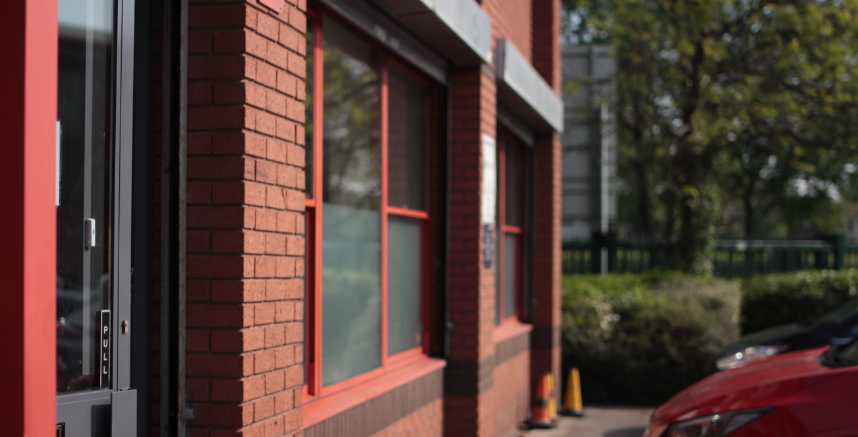
 0161 883 0077
0161 883 0077






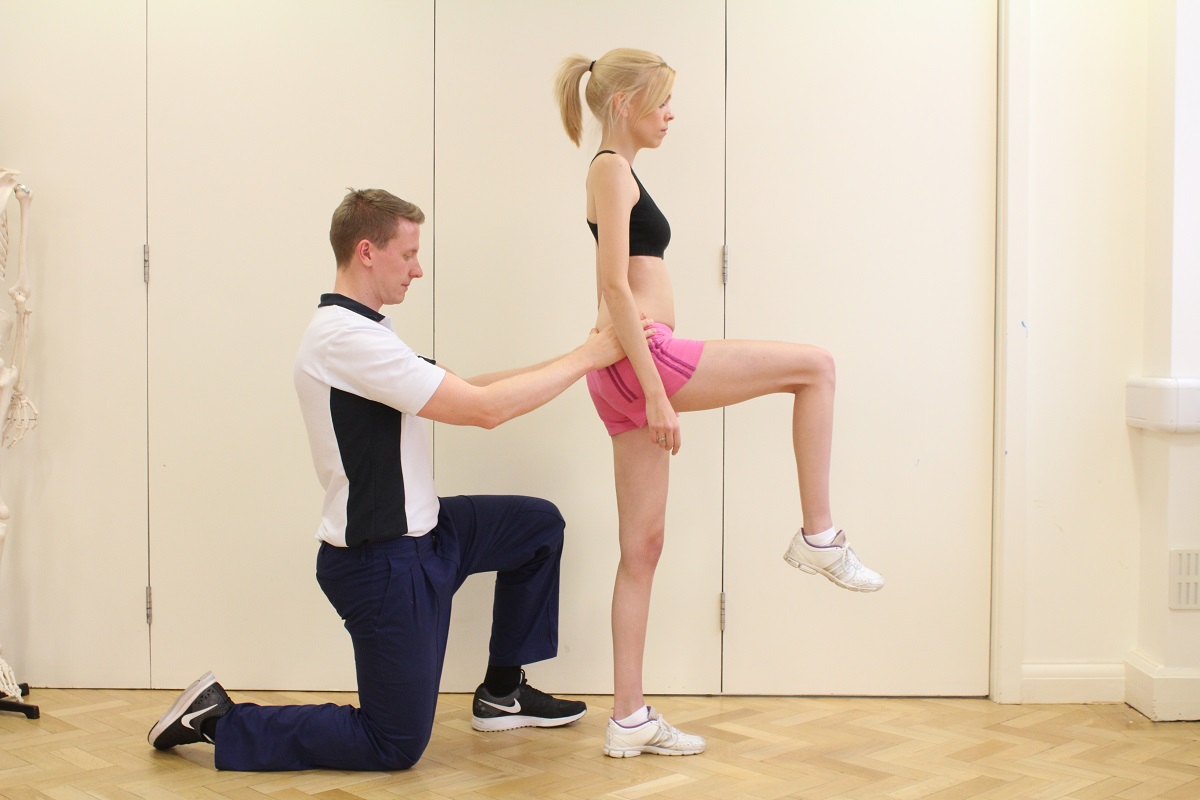
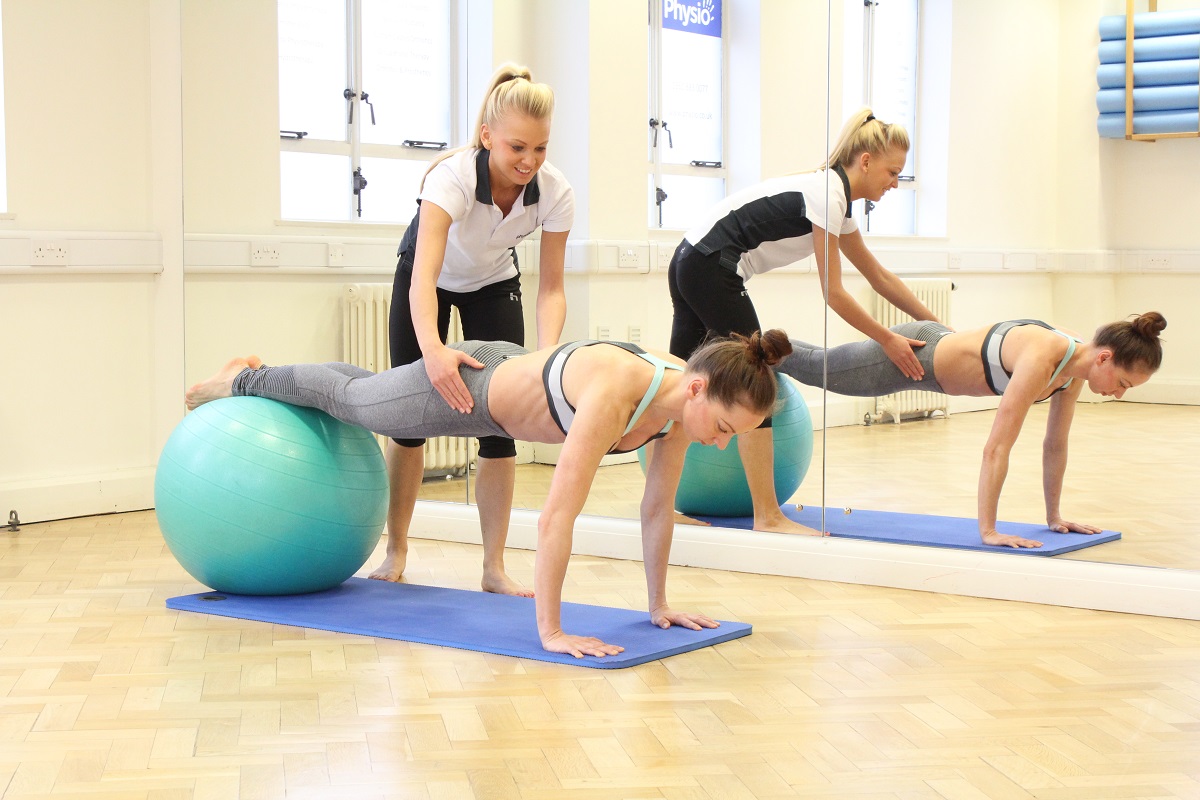
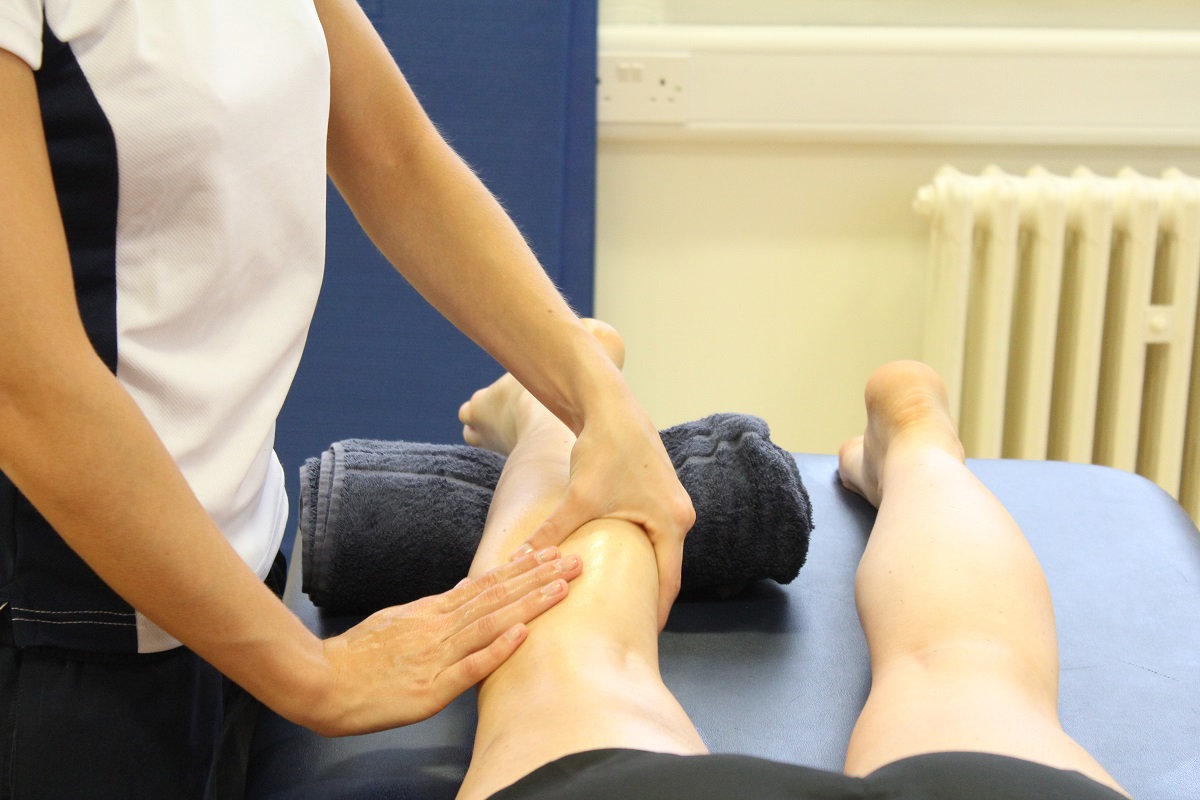
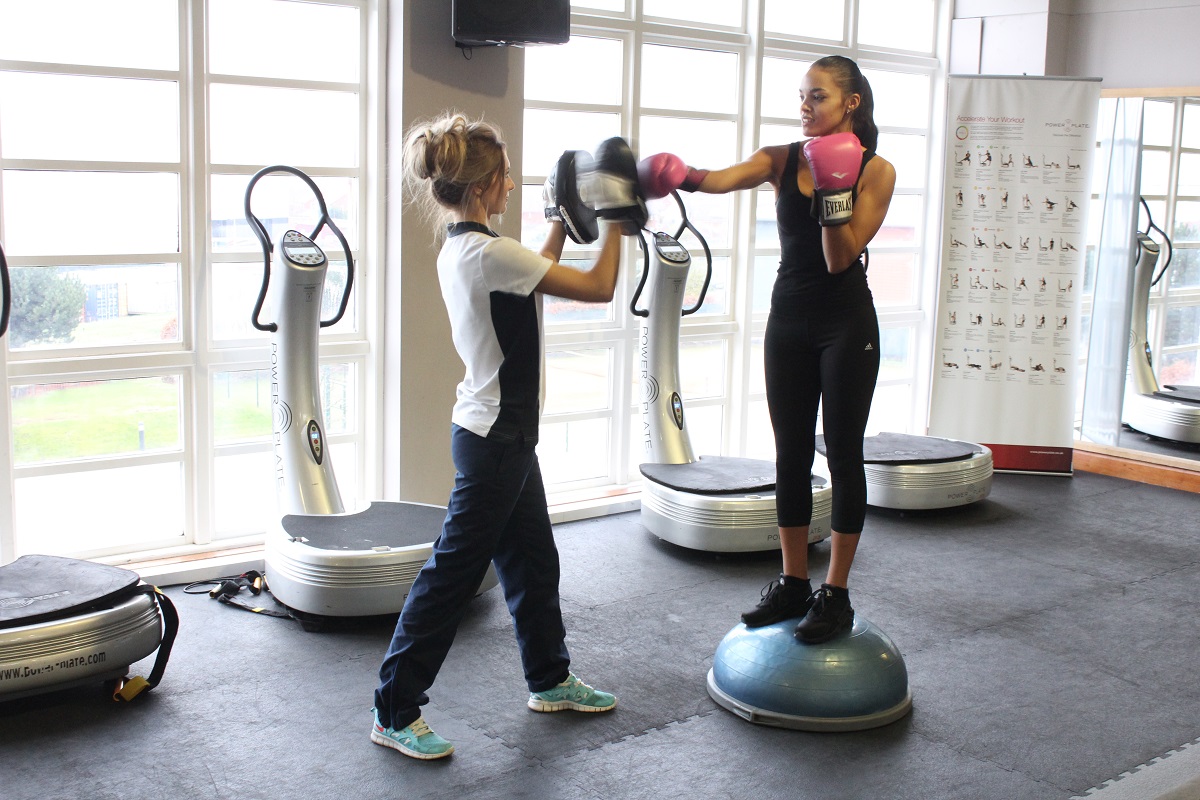


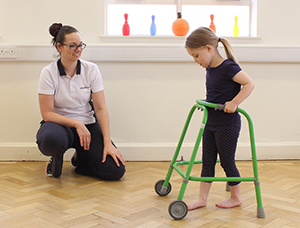
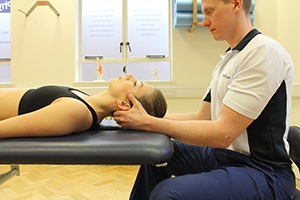






























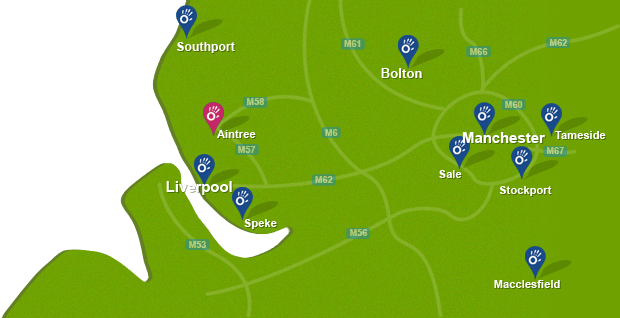

 f
f
